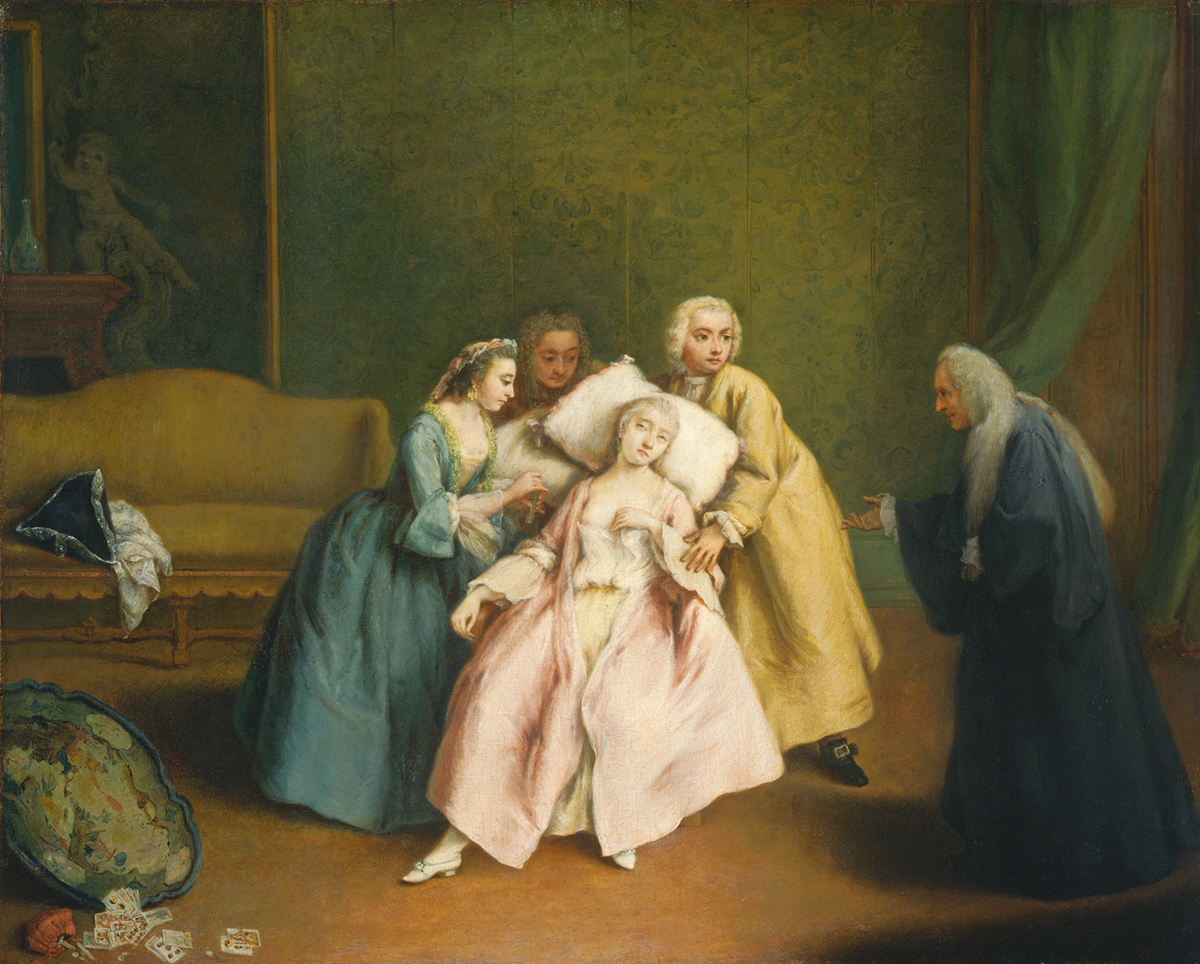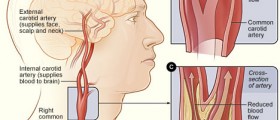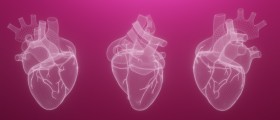
Generality
Fainting or syncope (medical term) is sudden loss of consciousness. Generally, it occurs due to insufficient blood and oxygen flow to the brain. When it can’t obtain sufficient supplies, brain has the mechanism to take all accessible blood and oxygen from the body. In such case body suffers in various ways, due to increased respiratory rate called hyperventilation, and because of increased heart beat rate. With both of these changes brain is trying to lift the level of oxygen and take more blood from the rest of the body. Higher heart beat rate causes dropping of blood pressure known as hypotension. Hyperventilation and hypotension combined together lead to a loss of consciousness. Depending on type of fainting, cause for suspended blood and oxygen supply can be established.
Types of FaintingNeurocardiogenic syncope – it is also called reflex fainting or vasovagal syncope. It is the most frequent type and takes place when your autonomous nervous system briefly fails. Some of the potential causes for neurocardiogenic syncope may be: extremely stressful situations, standing for too long or spending long time in stifling and hot surrounding.
Occupational syncope – form of neurocardiogenic syncope where some of the body functions put pressure on automatic nervous system. Reasons may be: intensive physical activities like weightlifting, coughing and sneezing, passing stools and urinating.
Orthostatic hypotension – it can take place if you suddenly stand up after sitting or lying. In such case blood flow to your brain is interrupted which results in fainting.
Orthostatic hypotension can happen because of: Dehydration - severe dehydration leads to loss of blood pressure hence fainting. Diabetes – if diabetes is not treated it can cause excessive level of glucose in blood which is harmful for the nerves that regulate blood pressure. Medicines – some sorts of antidepressants, beta-blockers and diuretics can cause orthostatic hypotension. Neurological problems – Parkinson’s disease or some other conditions that have an effect on nervous system can lead to fainting.Carotid sinus syndrome – carotid sinus is a group of sensors inside carotid artery. This artery, positioned in the neck area provides blood to the brain and carotid sinus regulates this flow. If carotid sinus becomes hypersensitive sensors can cause blood pressure drop and therefore fainting. Physical stimulation that may be connected to this include: tight collar, shaving the neck area of carotid sinus or turning head to one side.
Cardiac syncope- blood flow gets disrupted because of some underlying heart problems. Some of the reasons may be: obstruction of heart valves (stenosis), hypertension, arrhythmia and cardiac arrest.

















Your thoughts on this
Loading...